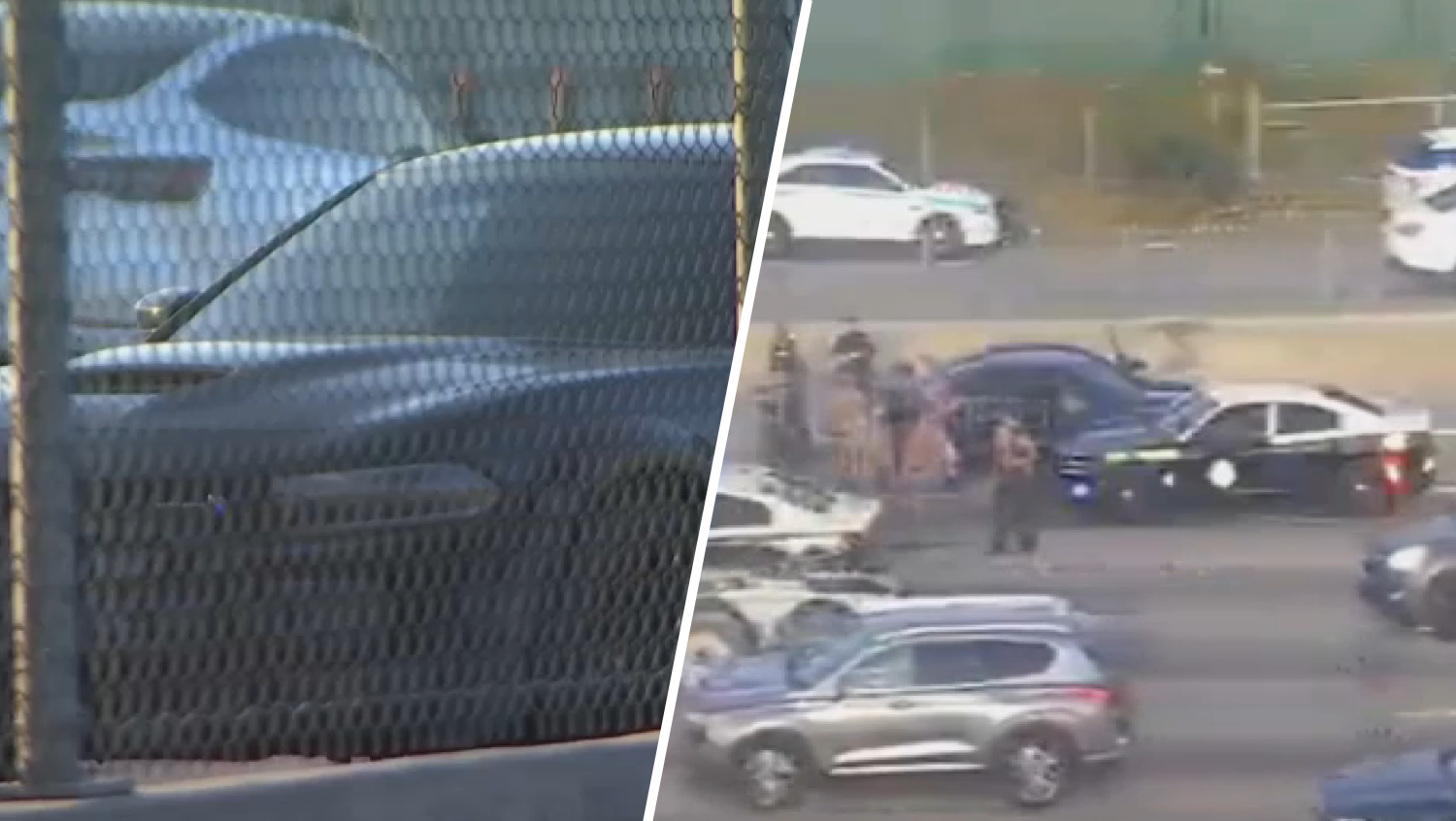Craigslist ads offer “tattoo house calls,” “tattoo parties” and “tattoo in your home.” Another reads “good tattoo work for barter, electronics, laptop, ipad, things around the home, and more.”
Tattooing at home is illegal in Florida, but Travis Fernandes was arrested in Cape Coral for allegedly running underground tattoo parties and Isaac Caspersen is sitting in jail for tattooing a minor outside of a bar. Veteran and licensed tattoo artists call these people “scratchers.”
“Scratchers will tattoo out of their house or out of their garage or wherever they can,” explained tattoo artist Dave Sedano of the Sunset Tattoo Parlour in Miami.
In recent years the tattoo industry has exploded with the help of high-publicity reality shows and feature magazine articles.
“There are currently seven major television networks featuring a tattoo show,” said Alex Zarfati, the owner of Salvation Tattoo on South Beach.
The demand for tattooing is on the rise – and the taboos of a tattoo are long gone.
Local
“It’s common to see your waiter, your mechanic, your plumber, your doctor, the attorney that maybe you hired, they’re all tattooed,” said tattoo artist Lonny Morgan of Aces High Tattoo Shop in Jupiter.
But getting inked by the wrong artist could not only scar you for life, it could threaten your life. Tattoo artist Kelly Rogers of Gearhead Tattoos in Cape Coral said people could get a staph infection that “could turn into a very dangerous Mersa case which could also be very, very contagious and before you know it you have a widespread epidemic.”
Seeing the potential danger, the Florida Legislature passed a law in January 2012 that mandates all tattoo artists be licensed with the state – but getting that license is not very difficult.
“Right now in the state of Florida you just need to pretty much complete a three-hour blood-borne pathogens training that you can do online,” Rogers said.
Unlike a barber for example that has to clock in 1,200 hours of training and pass a licensing exam, tattoo artists aren’t regulated by a board, and so with a three-hour health safety course they’re off to get their license.
“Anybody can really open up a shop and there is no real like checking whether you’re good or not,” Sedano said.
Zarfati said “state regulation would help the industry.” He said he was so worried about the lack of regulation that he opened up a tattoo school.
“Being a shop owner I noticed that most of the tattoo artists that were looking for jobs lacked the real skill and understanding of good sterilization at a shop – knowing how to keep a shop clean and safe,” Zarfati said.
According to its website, for $5,900 students get eight weeks of training at the Master Tattoo Institute on South Beach, while $7,900 will land you an additional four weeks of on the job training.
Bill Hannong, the owner and operator of The Amazing Tattoo Studio in Cape Coral, said he doesn’t think it’s possible to get the necessary training in 12 weeks.
“In my 37 years in the industry I haven’t experienced that being possible,” Hannong said.
Sedano agrees, saying, “You can’t substitute one or two years of hands-on training and learning and stuff like that with like a three-month course that they want to charge you an insane amount of money for.”
The idea of a tattoo school doesn’t sit well with veteran tattoo artists who say it takes years for an apprentice to be ready to tattoo someone and tattoo school graduates need not apply at their shops.
“I would try to hide the smirk on my face as he showed me his certificate and I would tell him to take it back to the bubble gum machine he bought it from,” Morgan said.
They agree that the industry needs more regulation but say they have been self-regulating the business for years. They offer free apprenticeships to a select few and teach them everything from skin types to the equipment they need to keep a sterile work environment. Morgan showed NBC 6 his equipment and said, “When you get hooked up by your homey down the street chances are he doesn’t have an ultrasonic; he doesn’t have an autoclave.”
Since the law changed in 2012, the health department has been inspecting licensed tattoo shops but veteran tattoo artists said not much attention is being paid to the unlicensed activity. In Lee County the local artists have joined forces with the sheriff’s department and are working to weed out the scratchers.
“We’re catching people tattooing out of their houses, they’re going down,” Rogers said.
The Master Tattoo Institute is still working on becoming an accredited school. The owner said those who have a problem with his school are just reluctant to change.
If you are looking to get a tattoo, veteran artists say you should make sure to find a shop that is licensed and do your homework. They recommend you request to see the artist’s portfolio, ask questions and look around. The shop should be as sterile as a dentist’s office
More NBC6.com Stories:
- Psychic Gambled Away Grieving Woman's $100K: Cops
- Woman Jailed With Men in Miami-Dade Says They Taunted Her
- WATCH: Texas Police Catch Hopping Kangaroo Along Road
- Miramar Middle School Was Locked Down Due to BB Gun
- WATCH: CNBC Reporter Courtney Reagan Gets a Surprise On-Air Proposal
- Girl, 16, Smiling Once More After Botched Dental Procedure
- PHOTOS: Rock Stars Then and Now



